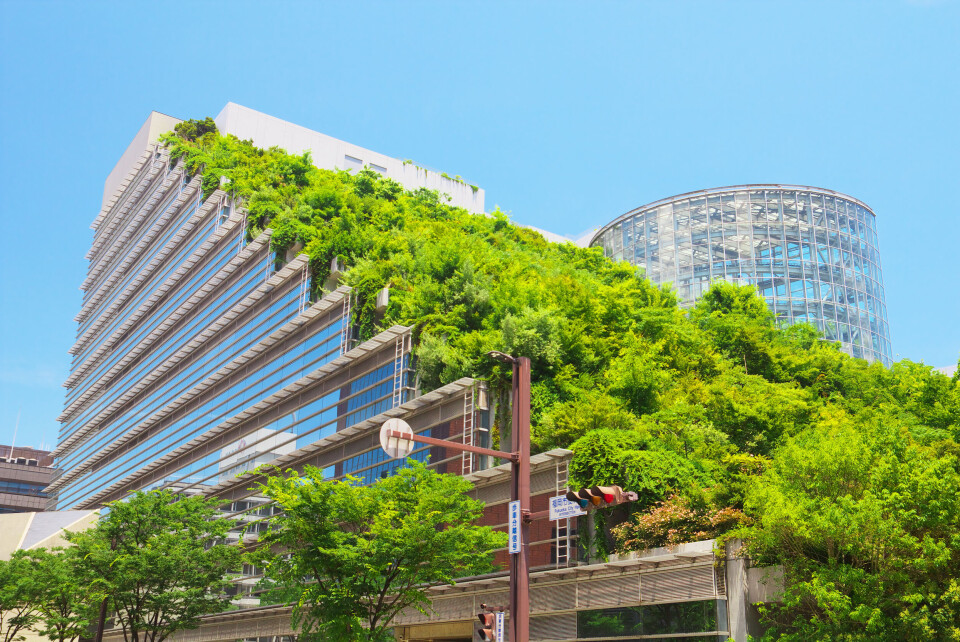-
French woman given one-year sentence for hiring men to evict squatter
Homeowner from south-west found guilty by Bordeaux criminal court
-
Drinking tap water restricted for children in south-west France communes
Haute Garonne prefecture says the measure is precautionary and due to high chlorate levels
-
‘Trustworthy’ media label idea from Macron causes political storm in France
Comments prompted fierce political backlash from right but government insists it was taken out of context
The ‘ideal town of tomorrow’ imagined by the French public
Independent neighbourhoods, more greenery and better transport links were among the ‘must haves’ identified. The study will inform 2022 presidential election candidate campaigns

More independent neighbourhoods, more greenery, and better transport links are just some of the things people in France would like to see in their “ideal town”, a new study has found.
Results from a citizens consultation, published this week (February 8), gathered opinions from almost 40,000 people between November 2021 and the beginning of January 2022.
The study, by l’Université de la Ville de Demain with the sustainable consultation platform Make.org, was created to help inform the campaigns of the presidential candidates going head to head in the forthcoming election, and help them to “reveal their plan for the town of tomorrow”.
Presidential candidate representatives attended the event, to put forward, discuss, and hear ideas.
The main priorities for citizens’ “ideal town” included:
-
More independent, “village feel” neighbourhoods with good transport links and more local shops
-
A more balanced mix of commercial and residential areas
-
More greenery and plants, with 92% in favour of planting more trees and of provision for a minimum amount of free, natural, green space to fight against pollution, noise, and heatwaves
-
More greenery on buildings, including “living walls” (plants growing on walls) with plants that absorb large quantities of carbon dioxide and filter the air
-
More low-rise buildings of three to four storeys, rather than smaller single-household houses that waste more ground space (although this point split the panel, with 46% in favour and 40% against)
-
Prioritising the beauty and aesthetics of buildings in construction, with 79% in favour
Priorities for changes to existing towns and buildings:
-
Better insulation on private and public buildings for increased sustainability
-
Reuse of existing construction materials for new buildings, rather than always using new
-
A national plan to help with the renovation of older housing
-
Zero-interest loans for people who want to renovate older housing and live in it themselves
The latter point was put forward by Hervé Juvin, an MEP affiliated with far-right party le Rassemblement national, representative of candidate Marine Le Pen.
The construction of 500,000 homes per year is also needed “to catch up on our delay, and we cannot only build in high-pressure areas in towns, but must do so elsewhere as well”, said Xavier Bertrand, president of the Hauts-de-France region and representative of centre-right candidate Valérie Pécresse (Les Républicains).
In contrast, the participants were not in favour of regulation that would put pressure on individuals, such as making building permits conditional on energy practices.
A suggestion to impose a “sales penalty for poorly-insulated housing”, put forward by a participant named as EP received a mixed response.
Another suggestion to “impose minimum and maximum air conditioning and heating temperature guidelines” on homes, by a participant named Ardoingt, also proved controversial and split the group.
Citizens’ other priorities included better management of social housing.
One participant, named Anthony, said: "People in social housing who no longer have a reason to be there should be obliged to leave to make room for someone more deprived than they are”. This was supported by 72% of the group.
Related stories
Make sense of local rules governing planning permission around France
Latest notaire data: Where are property prices rising most in France?
Angers and Guéthary ranked best town and village to live in France
























